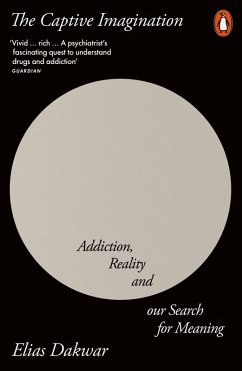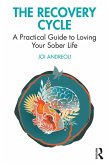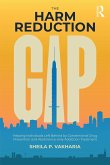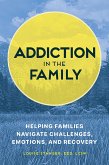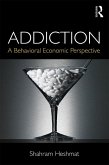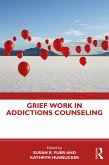A deeply humane and revolutionary new framework for understanding and treating addiction
What causes addiction, and how should we treat it? Today it is understood primarily as a brain disease, yet in this bold reimagining of addiction, pioneering psychiatrist Elias Dakwar argues that this is false. It fails to explain, among other things, why many people can enjoy drugs without developing a dependency on them. Despite decades of neuroscientific research, we aren't much closer to truly understanding the nature of addiction, nor to addressing it effectively.
In The Captive Imagination, Dakwar argues that addiction is an existential challenge, requiring a more philosophical and multidisciplinary approach, as well as a lens through which we can better understand ourselves. Addiction stems from our desire for happiness: whether addicts or not, we all struggle against meaninglessness, and resort to false solutions to our despair. Dakwar also shows how our individual capacity for self-delusion relates to our collective self-inflicted crises, from environmental destruction to social injustice.
Drawing on vivid stories of his own patients, path-breaking research, and decades of clinical experience, The Captive Imagination offers a novel framework for understanding and overcoming addiction, as well as human suffering more generally.
Dieser Download kann aus rechtlichen Gründen nur mit Rechnungsadresse in A, B, BG, CY, CZ, D, DK, EW, E, FIN, F, GR, HR, H, IRL, I, LT, L, LR, M, NL, PL, P, R, S, SLO, SK ausgeliefert werden.
Hinweis: Dieser Artikel kann nur an eine deutsche Lieferadresse ausgeliefert werden.

